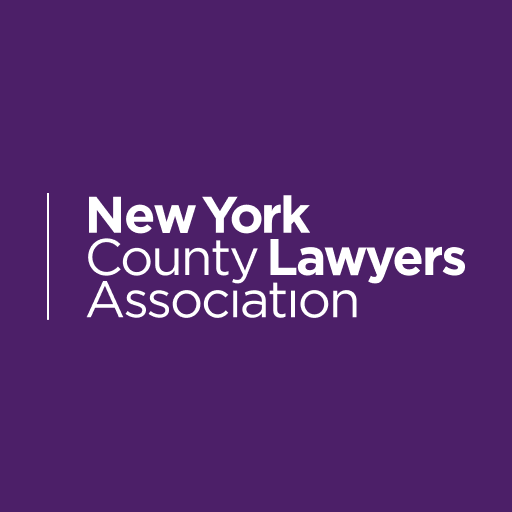Have Questions? Contact Us.
Since its inception, NYCLA has been at the forefront of most legal debates in the country. We have provided legal education for more than 40 years.
The Grieving Families Act (Senate Bill S8485B, Assembly Bill A9232) was passed earlier this year with overwhelming bipartisan support and was delivered to the Governor on December 12, 2024. Prior versions of the bill were passed by the Legislature in 2022 and 2023, also with broad bipartisan majorities, but were vetoed by the Governor. If signed into law, the bill would modernize New York’s antiquated wrongful death law, which, as it now stands, imposes arbitrary and inequitable limitations on recoverable damages in cases arising from deaths. The New York County Lawyers Association’s Tort Law Committee supports the bill and urges that the Governor sign it.
The damages that can be recovered in wrongful death actions under New York law are governed by statute. EPTL 5-4.3(a) provides as follows: “The damages awarded to the plaintiff may be such sum as the jury… deems to be fair and just compensation for the pecuniary injuries resulting from the decedent’s death to the persons for whose benefit the action is brought.” “Pecuniary loss” includes lost wages and loss of guidance to children, but excludes things like the grief of survivors or the loss of society and affection of the decedent. This framework sharply limits the damages recoverable when the decedent was a child, elderly, or unmarried; in these kinds of cases, while the loss of a loved one may be deeply felt, the financial damages are apt to be limited. New York has one of the most restrictive approaches to wrongful death damages in the nation. It is an outlier.
Under the current law, families are often dependent on claims for conscious pain and suffering, as opposed to wrongful death, to obtain meaningful recoveries – and, that failing, may face the prospect of limited damages. Take, for example, a case in which a retired grandparent is hit by a car and dies instantly. His or her family would likely face the prospect of receiving no meaningful compensation, despite their anguish and grief at the loss of a loved one. With very limited exceptions, wrongful death damages may only be collected by statutory distributees of the decedent. For instance, if a person dies and leaves a spouse and children, his or her parents would be generally unable to recover because they would not be distributees of the estate. By the same token, unmarried domestic partners would not be able to recover anything at all, as they are not distributees.
The Grieving Families Act, if enacted, would modify the EPTL in two particularly significant ways. First, it would amend the current statutory language restricting a recovery to pecuniary loss to include additional components of damages. These would include, among other things, “grief or anguish caused by the decedent’s death.” Second, it would broaden the category of who can recover such damages by replacing the current language largely restricting recovery to distributees. It would also allow recovery by “any person standing in loco parentis to the decedent, and to any person to whom the decedent stood in a position of in loco parentis.” The bill is significantly narrower than the previous versions that passed the Legislature in 2022 and 2023.
The true value of a person’s life transcends the financial benefits they provide to their closest distributees and our law should reflect as much. The time for New York to modernize its wrongful death statute is long overdue. The NYCLA Tort Law Committee supports the bill.
***
The views expressed are those of the Committee and have not been approved by the New York County Lawyers Association Board of Directors and do not necessarily represent the views of the Board of Directors or any of its individual members.
